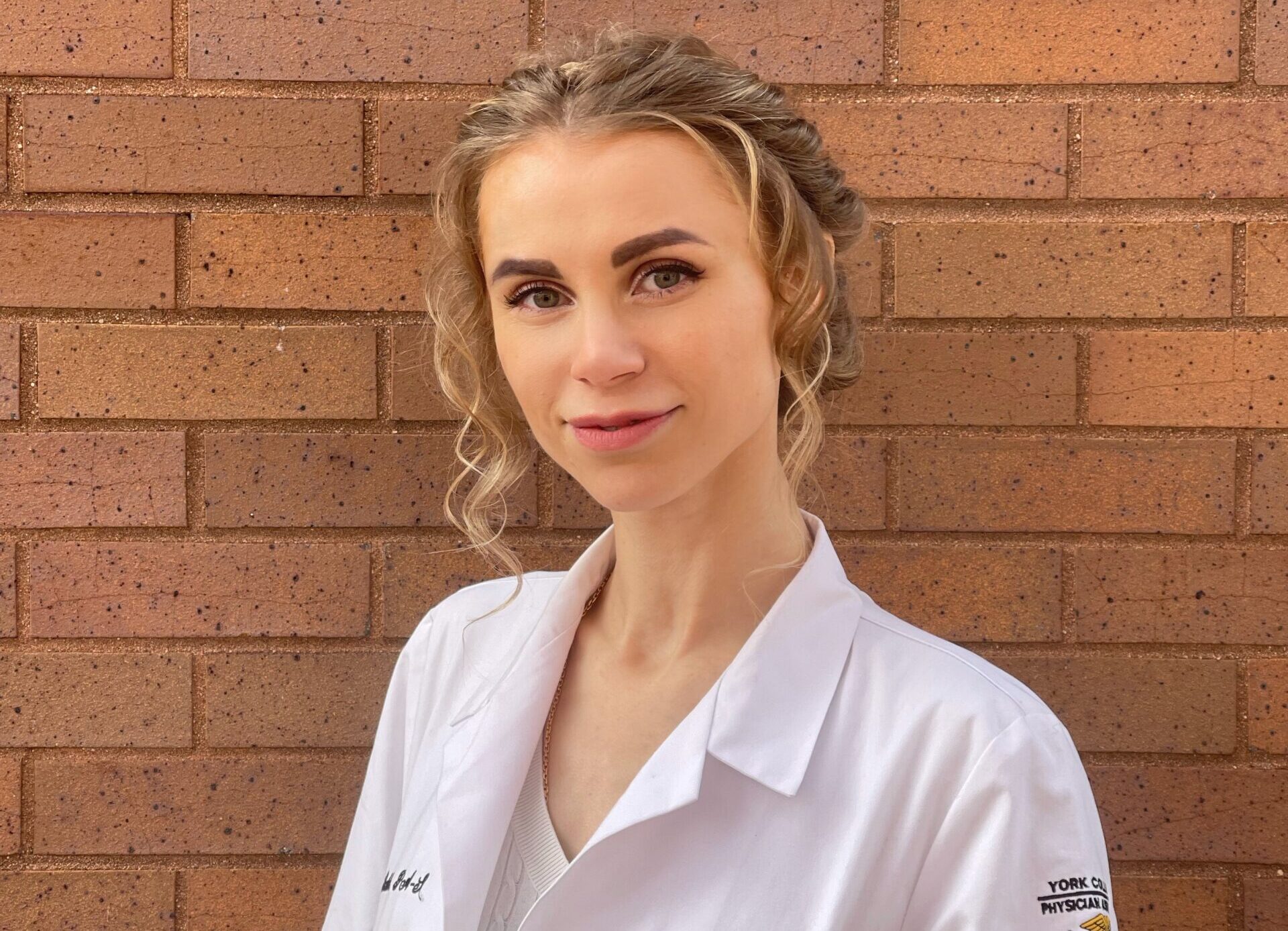EM so far was the most exciting rotation I had. Emergency Room is a very high paced high pressure environment and everyone is busy doing important things all the time. Therefore, in the beginning in order to learn something I had to insert myself into conversations and situations, sometimes following the attendings and residents quietly. With time, however, I learned to ask questions and realized most of them were happy to answer them and provide bedside presentations on things that interested me, especially seeing how exited I was to learn.
I was exposed to countless procedures and techniques I am looking forward to learn in future – including running a code, ultrasound guided line placement, intubations, Blakemore Tube placement and even a craniotomy. ER philosophy is to assume the patient has the worst diagnosis and to prove it is wrong. Therefore, having a good EM differential in the back of my mind catered to the chief complaint before I even go see the patient is crucial as well as knowing their past medical history. To my surprise, most patients do not know their PMH so looking it up in advance as well as looking up the list of possible emergent DDx saved me a tremendous amount of time and increased my efficiency.
Patients that I found challenging to deal with were those who spoke dialects not included in out interpreter system and those with dementia. On my last day, most of my patients had all of those qualities but I had an amazing attending, Dr. Nathan Zarider , who showed me a bedside presentation on how to care for such patients. It was so inspiring to see how much effort he put into his work, even during the 15th hour of his shift. My biggest takeaway from it was learning how to do a thorough physical exam and history for an elderly demented patient in a shortest time possible, which will be very useful in my coming Long Term Care rotation.
Interpersonal challenges experienced with some staff were them ignoring and disregarding me completely after hearing that it’s only my second rotation and that I am not a medical student but a PA student. However, when I showed initiative in seeing patients, carefully prepared my presentation and DDx and treatment plan (thank God for the internet) and insisted on presenting, most of the attending’s view of me changed. The program gave us enough education to be more prepared than some 2nd year medical students and it was very refreshing. Realizing that gave me confidence I needed, pride in my profession and gratitude for all the rigors of the didactic year.
My preceptors noted my enthusiasm and excitement about unusual pathology and with time they started pointing out patients with interesting exam findings and sending me so elicit them and to get back with a diagnosis, jokingly saying they will wreck my evaluation if I’m wrong. Most people in ER have a sense of humor which makes this job even more exciting.
Memorable patient experience for me was with an elderly Russian speaking woman who was I took under my care and was able to elicit history she had previously not shared with the attending due to interpretation and cultural differences. Amongst other things, thanks to my newly gained confidence, I educated her on the importance of having a primary care provider. At some point she grabbed my hand and said “it’s so nice to have someone here who speaks my language, please come check up on me here and there , then she asked me if I could be her primary care provide which was endearing but also funny.
I still need to work on expanding my differential. I have learned about many rare diseases that were new to me, great tools to stratify risks and Physical exam techniques helpful to rule things out and it was absolutely mind blowing. The way I plan to achieve this is by looking up symptom combination presentations I come across and by picking the brains of the providers I am working with since they have a lot more experience than I do.
I have learned that I love high pace high pressure environment, and, in a way, I thrive in it as it makes the time fly and it challenges me to improve. Most of my shifts, even the 12 hour ones, I stayed longer if we had any interesting patients to see their outcomes. I was also granted additional shifts I requested for which I am very grateful. Something tells me I am definitely coming back to work in the ER.


